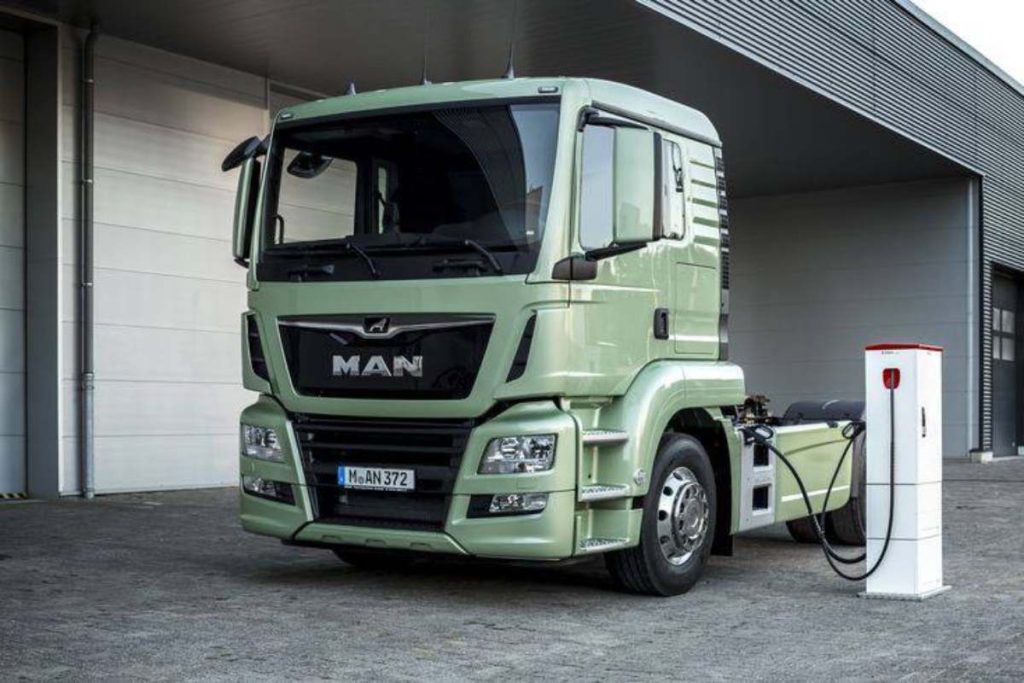The Biden administration is working on new laws that will help reduce heat-trapping air pollution from trucks and big rigs. However, California isn’t waiting for federal regulations to do the job. California finally got approval in March 2023 to enact a law it adopted in 2020.

The state is setting strict limits to eliminate carbon dioxide emissions from transportation, which generates the most greenhouse gas emissions. According to the New York Times, by 2035, more than half of all “heavy vehicles” sold in the state must be electric. The pioneering truck rule goes beyond federal requirements.
Hence, the state needed permission from the Biden administration to enact it. The law comes on the heels of an ambitious regulation passed last year by California that requires all new passenger vehicles sold in the state to be electric by the same target year, 2035.
The regulations would propel California to the forefront of the race to eliminate carbon dioxide emissions. The state’s newly enacted bill requires heavy vehicle manufacturers to ensure that a certain percentage of their trucks are all-electric.
Also Read: Is Biden to Blame for the Failing EV Market?
The rule applies to 55% of delivery vans and smaller trucks. It also applies to 75% of buses, larger trucks, and 40% of tractor-trailers and other big rigs.
According to reports, California initially adopted the law in 2020. However, because it includes stricter requirements than federal laws, California had to receive a waiver from the EPA to implement it. Fortunately, California received that waiver in March 2023.
While the regulation looks promising, some say it is too ambitious and nearly impossible. The regulation seems far-fetched because fewer than 2% of heavy trucks sold in the US last year were all-electric. “It’s not that the industry has said we can’t do it,” Matt Schrap, the Harbor Trucking Association CEO, said.
“It’s not that the industry has said that they’re opposed to it, but these timelines do not work,” Schrap added. “There’s nowhere to charge these vehicles, and it will take so long to get the charging infrastructure online that you can’t say with a straight face that the state is remotely near ready to deploy an all-electric drayage fleet. It’s not gonna happen,” he concluded.
POLL — Is Artificial Intelligence a Net Positive or Negative for Mankind?
However, some manufacturers have already positioned themselves to comply. Volvo, which makes tractor-trailer trucks, has set a target that 50% of its truck sales will be all-electric by 2030. Also, environmentalists suggest that a widespread switch to EVs would lead to cleaner, quieter streets and help stop rising temperatures worldwide.
Consequently, California is pushing for electric trucks and, in another recent move, electric passenger vehicles. Where California leads, the rest of the U.S. may follow. According to the New York Times, six other states have already adopted rules in line with California’s.
Also Read: Charging EVs Now Cost An Equivalent of $17 Per Gallon: Are They Still Worth the Hype?
Prices for electric trucks start at about $100,000 and can reach the high six figures. However, buyers, including delivery and construction companies, could get help from last year’s Inflation Reduction Act. For the next decade, the Reduction Act offers up to $40,000 in tax credits to purchasers of all-electric trucks.
Truckers in the state worry that the cost and difficulty of complying with the new regulations would be overwhelming. However, other states are buying into regulation.
You Might Also Like:
- How Demon Slayer: Infinity Castle Became a Blockbuster & the Biggest Anime Ever
- Global Citizen Festival 2025: Shakira & Cardi B Lead NYC’s Fusion of Music and Activism
- Tim Burton & Monica Bellucci Split After Two Years Together: A Gothic Romance Ends
- Colin Farrell & Margot Robbie Reveal Regret Over Cut Dance Scene in A Big Bold Beautiful Journey
- Afrobeats Dominates UK Charts: Rema, Ayra Starr & More Lead a Global Takeover
